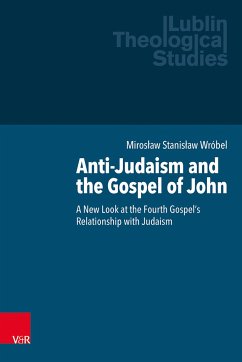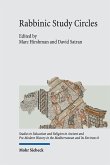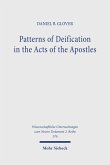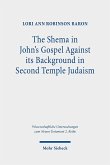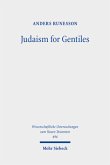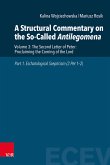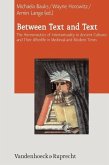In the light of the research undertaken in this book the author concludes that the so called "anti-Jewish" texts in Johannine Gospel are not directed against the Jews being an ethnic or religious community. The object of the polemic and attacks is not the entire Jewish nation across the span of all the ages but a group of the Jewish leaders or opponents to Jesus in the First Century AD. Looking through the prism of the aposynagogal polemics, one can notice that the state of tension between the Johannine community and the rabbinic Judaism is inter-Jewish, not anti-Jewish, in character. The source of the polemical language of the Fourth Gospel is the Christological discussion in the historical and sociological context (the Messianic confession, the excommunication from the Synagogue, the presence of Samaritans in the Johannine community, the struggle for the preservation of the identity).
Bitte wählen Sie Ihr Anliegen aus.
Rechnungen
Retourenschein anfordern
Bestellstatus
Storno

